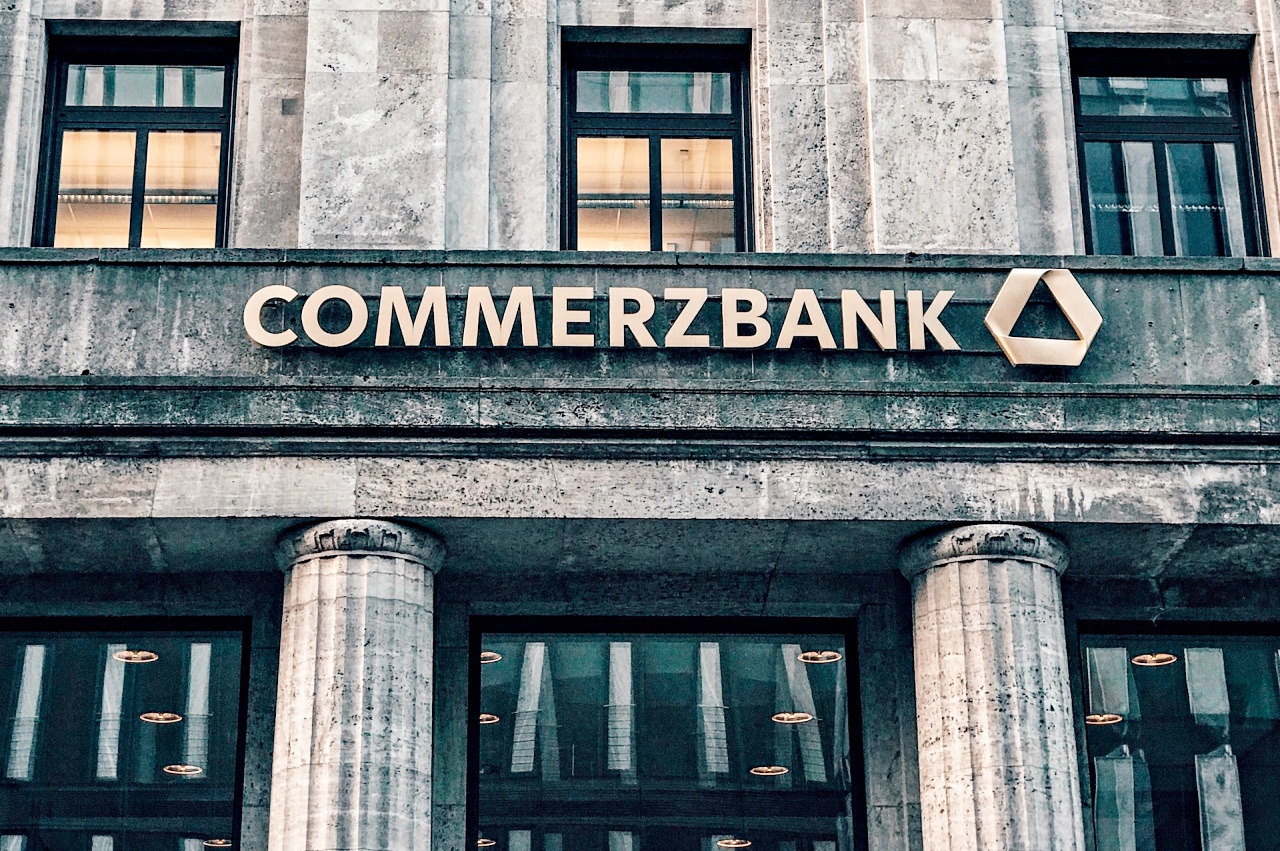Commerzbank AG announced it was able to secure a cryptocurrency custody license in Germany. It has now become the first major bank in the country to obtain this type of permit which will allow it to move ahead with its intention of establishing a wide range of digital asset services.
As per CoinTelegraph, Commerzbank’s new crypto custody license will also enable the company to further expand its digital asset offerings to include some custodial services.
This is sort of an accomplishment for the commercial banking group as it is the first to be approved for such services by the German regulators.
Next Move After Crypto License Approval
The firm’s chief operating officer, Jörg Oliveri del Castillo-Schulz, also said that having the license is an important milestone for them. In any case, Commerzbank explained it was granted the license under the legal framework of the German Banking Act. It can now provide custody of crypto assets to customers aside from services related to virtual assets.
The bank added that since it is already cleared for crypto business operations, it will move ahead and take steps to set up a platform that is secure and reliable as well. It will also make sure that it will fully comply with the regulations while carrying out its crypto and blockchain business.
“Now that we have been granted the license we have achieved an important milestone,” he said in a press release. “This highlights our ongoing commitment to applying the latest technologies and innovations, and it forms the foundation for supporting our customers in the areas of digital assets.”
Targeted Clients for Its Crypto Services
Commerzbank will not only widen its digital assets services but will also work on security and use blockchain technology for comprehensive and safer custody services. It will adopt advanced technologies and innovations for better customer experience too.
Meanwhile, the bank is targeting institutional and corporate clients for its new offerings. Commerzbank’s first available product will be a custody service for the cryptocurrencies Bitcoin (BTC) and Ether (ETH).
Photo by: Jan Antonin Kolar/Unsplash



 How the UK’s rollback of banking regulations could risk another financial crisis
How the UK’s rollback of banking regulations could risk another financial crisis  FxWirePro- Major Crypto levels and bias summary
FxWirePro- Major Crypto levels and bias summary  BTC Hovers Flat Near $68K Ahead of US-Iran Talks — Bulls Eye Break Above $70,050 for $78K Rocket
BTC Hovers Flat Near $68K Ahead of US-Iran Talks — Bulls Eye Break Above $70,050 for $78K Rocket  South Korea to End Short-Selling Ban as Financial Market Uncertainty Persists
South Korea to End Short-Selling Ban as Financial Market Uncertainty Persists  Wall Street Rebounds as Investors Eye Tariff Uncertainty, Jobs Report
Wall Street Rebounds as Investors Eye Tariff Uncertainty, Jobs Report  Nintendo Share Sale: MUFG and Bank of Kyoto to Sell Stakes in Strategic Unwinding
Nintendo Share Sale: MUFG and Bank of Kyoto to Sell Stakes in Strategic Unwinding  U.S. Banks Report Strong Q4 Profits Amid Investment Banking Surge
U.S. Banks Report Strong Q4 Profits Amid Investment Banking Surge  Trump Warns Iran as Gulf Conflict Disrupts Oil Markets and Global Trade
Trump Warns Iran as Gulf Conflict Disrupts Oil Markets and Global Trade  U.S. Stock Futures Rise as Trump Takes Office, Corporate Earnings Awaited
U.S. Stock Futures Rise as Trump Takes Office, Corporate Earnings Awaited  Reliance Industries Surges on Strong Quarterly Profit, Retail Recovery
Reliance Industries Surges on Strong Quarterly Profit, Retail Recovery  OpenAI Pentagon AI Contract Adds Safeguards Amid Anthropic Dispute
OpenAI Pentagon AI Contract Adds Safeguards Amid Anthropic Dispute  Why your retirement fund might soon include cryptocurrency
Why your retirement fund might soon include cryptocurrency  Infosys Shares Drop Amid Earnings Quality Concerns
Infosys Shares Drop Amid Earnings Quality Concerns  Insignia Financial Shares Hit 3-Year High Amid Bain and CC Capital Bidding War
Insignia Financial Shares Hit 3-Year High Amid Bain and CC Capital Bidding War 
































